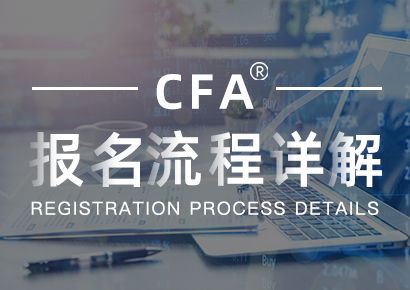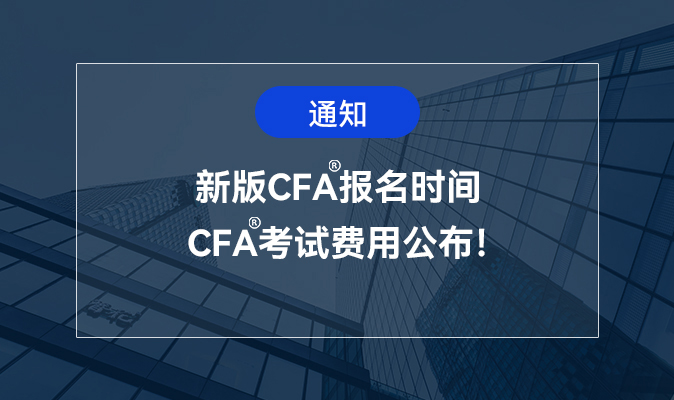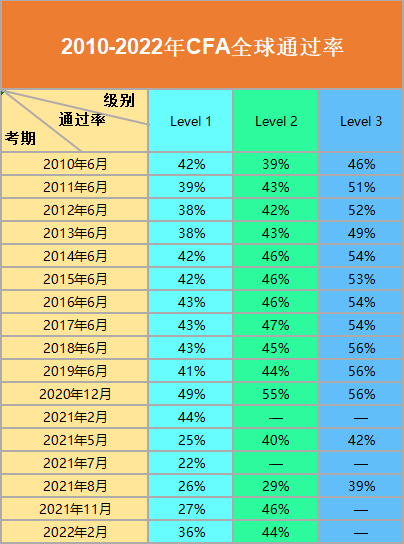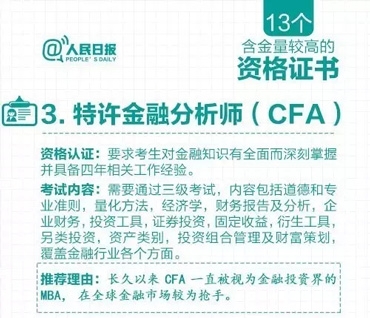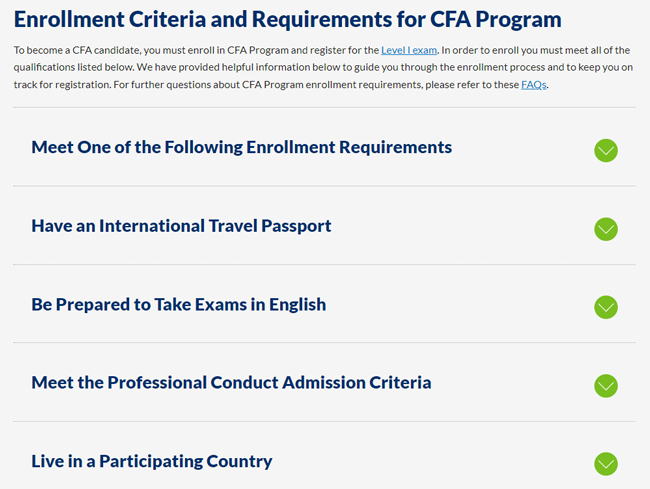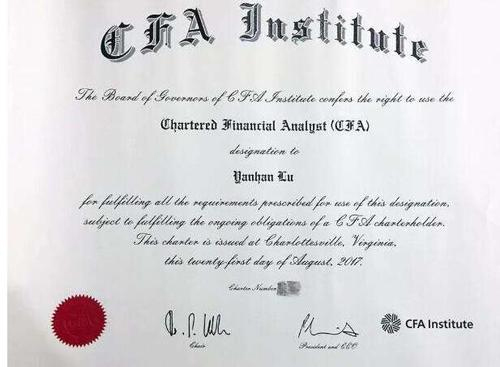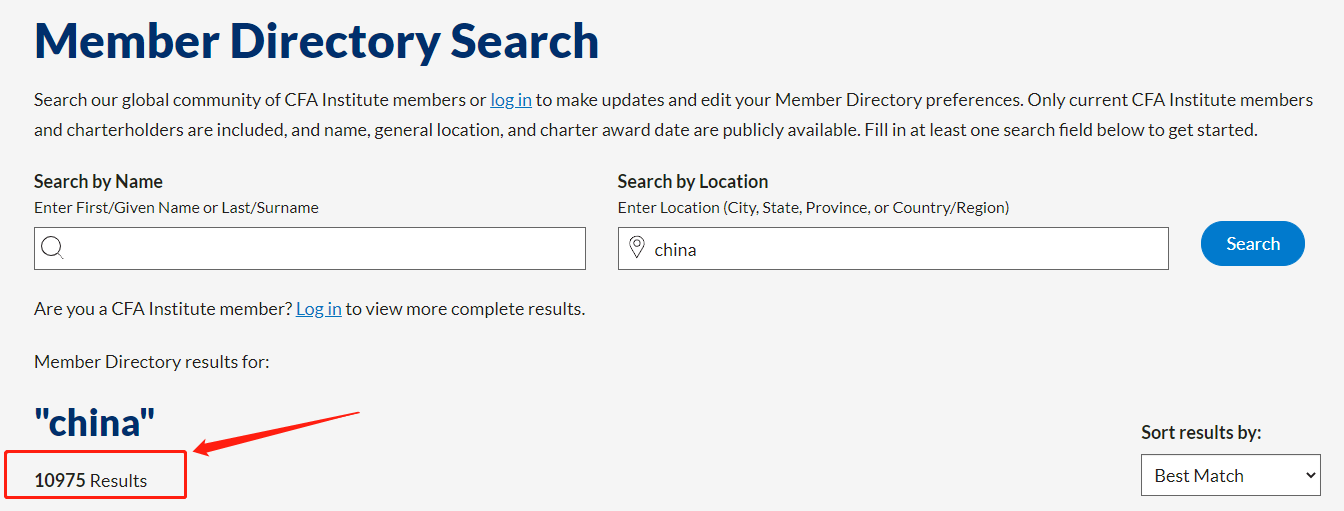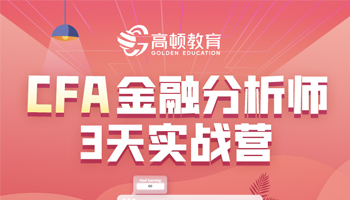Have you ever wondered why a majority of individual investors ask their friends and family for investment advice,even though they may not have the requisite skills or experience to provide it?
The answer is quite simple.It is because they trust them and don’t believe that their friends’or family’s advice is motivated by anything other than a desire to be helpful.
Concerned about potential ulterior motives,many investors do not implicitly trust the information they expect to receive from investment professionals.
Can You Blame Them?
With the combination of the financial crisis,events like the Libor scandal,and frequent news stories about financial organizations putting their interests above their clients,it is obvious why some investors may be concerned about the quality of advice and the motivations of their financial service providers.In fact,the 2014 Edelman Trust Barometercontinues to show financial services to be the least trusted industry globally.
This lack of trust is an impediment to providing effective investor education.It also makes it hard to insulate investors from bad investment decision making.
The main focus of investor education is to change investment behavior by persuading investors to internalize the investment principles and best practices that can keep them out of the ditches.However,investors are unlikely to adopt new behaviors or regard them as important if they trust neither the substance nor the source of the information being provided to them.
Fostering Trust Requires Building Credibility and Demonstrating Integrity
Credibility is built through experience,education,accomplishments,professional designations,and past performance.Demonstrating integrity is all about behavior and performing in a way that clients value.
To determine the level of investor trust in the investment management industry and to gauge the behaviors that influence trust and which investor’s expect from their financial service providers,we developed the CFA Institute and Edelman Investor Trust Study.After questioning 2,100 investors globally,most survey respondents affirmed that financial service providers who are“trusted to act in my best interest”are more desirable than those with the“ability to achieve high returns.”
Investment managers who are best suited to build a trusting relationship with their clients are those who communicate often and are honest and transparent about all things,including fees and business practices.They also work under either voluntary or formal ethical codes or professional standards and are responsible and rational when addressing an issue or crisis.The study determined that“to restore trust,compliance with a voluntary code of ethics and maintaining independence and objectivity are the actions that matter most to investors.”In summary,investment managers demonstrate integrity by doing what is right and by ensuring that their clients’needs take precedence over their own.
The Tools to Build Trust
The onus to foster trust by endorsing professional development,valued behaviors,ethical business practices,and a focus on solving client problems is not borne solely by the investment professional but is also shared by financial service organizations and the industry at large.A great number of CFA Institute products are designed to help one or more of these three stakeholders promote the foundations for trust.
The CFA Program Curriculum,a comprehensive body of investment knowledge,has been used as a model for professional development and certification,while the Code of Ethics and Standards of Professional Conduct provides a template for the design of ethical frameworks,for individuals and organizations globally.The Asset Manager Code of Professional Conduct,a global standard and best practice code of conduct for firms,was developed to aid ratifying financial organizations build more trusting relationships with clients by allowing them to demonstrate a formal commitment to ethics and professional conduct.
To help support the investment profession,CFA Institute has launched the Future of Finance initiative,“a long-term global effort to shape a trustworthy,forward-thinking financial industry that better serves society.”In addition to leveraging the perspectives of prominent global leaders and marshaling other industry resources to achieve its mission,the initiative creates tools that can improve the relationship between clients and financial service providers.The Future of Finance has already produced several products that aim to aide both parties in developing an honest and transparent dialogue about investment issues,among them performance reporting and fees.
One of the centerpieces of the initiative is the Statement of Investor Rights.Globally relevant and translated into 15 languages,the Statement of Investor Rights outlines the 10 rights that all investors should expect from their financial service providers.Investors are counseled to share the Statement of Investor Rights with any financial professional they do business with,whether one is working with an investment adviser,hiring a broker,or buying a home.The Statement of Investor Rights not only provides investors with a framework through which they can evaluate the ethical commitment of their advisers,it also offers professionals and their organizations an opportunity to endorse it and commit to upholding the basic rights necessary to ensure a more trustworthy relationship with their clients.
Each Stakeholder Has a Role to Play
Professionals working in the private sector and those that deal directly with investors have a unique opportunity to educate their clients and to change their investment behavior.Investors are most likely to consider new investment principles and ideas in making a financial or investment decision when the information is most needed and has the most value.Often this provides investment professionals with a captive audience that is open to new directions and behavioral change—as long as clients trust the substance or source of the information being given to them.
However,trust is not a panacea for providing investor education or changing investment behavior but should be regarded as a requisite element necessary to do both.A greater focus on business ethics and those elements that build credibility and demonstrate integrity should become a core competency for all stakeholders interested in creating a more trustworthy financial industry and elevating the reputation of investment organizations and the professionals that work for them.
延伸阅读推荐:
全球金融人员职业发展的七个方向!(CFA)
解密期货对冲基金的投资秘诀




 行业新闻
行业新闻
 发布时间:2023-07-14
发布时间:2023-07-14


 复制本文链接
复制本文链接 模拟题库
模拟题库

 305
305